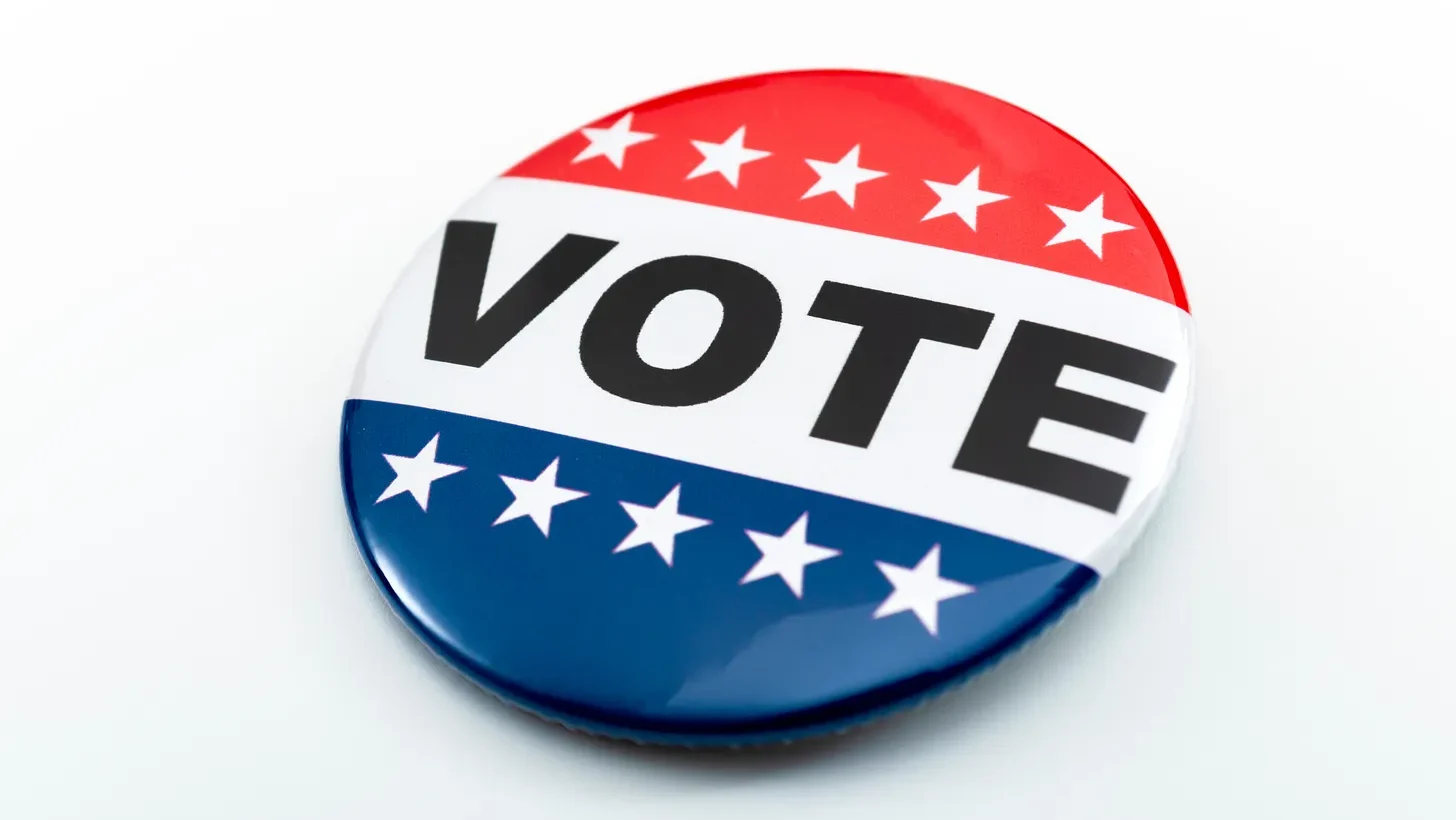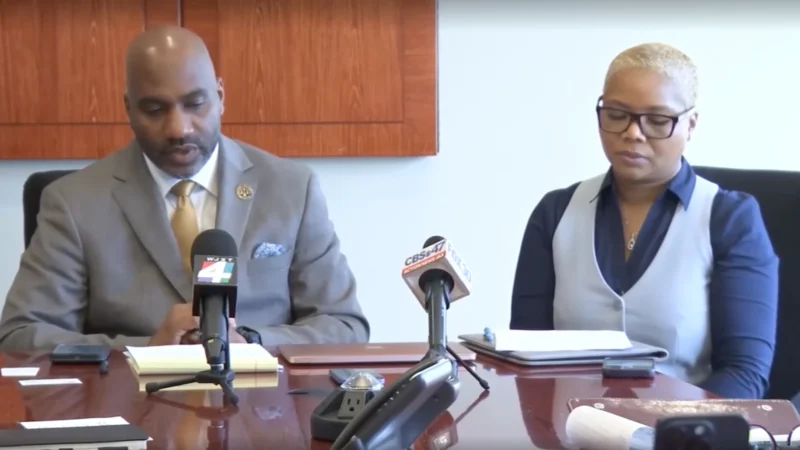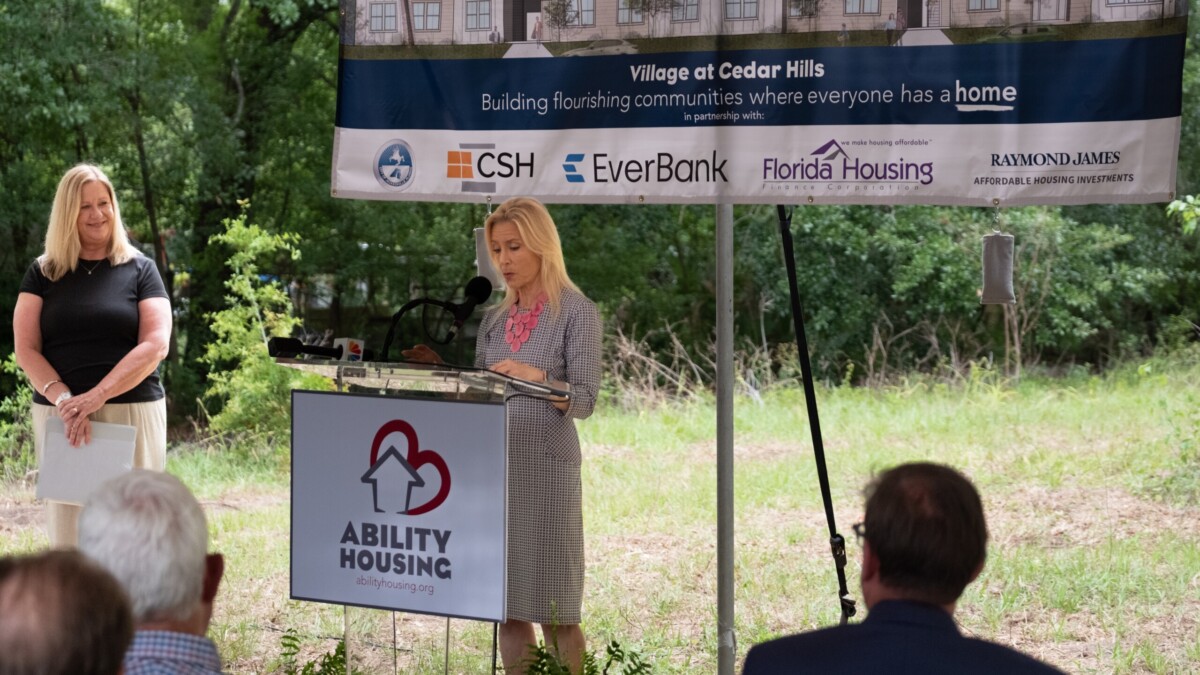One must be living under a rock to not know we’re entering the last stretch of the 2024 federal and state horserace season.
Seems already endless, with media of all kinds — print, broadcast, mainstream, right-wing, left-wing, for-profit, nonprofit, social — providing minute-by-minute updates on some meaningless minuscule something, and what feels like hourly polling of some potential voter opining somewhere on how he or she feels in the moment about that meaningless minuscule something.
Are your feelings changing? Do you feel today the way you felt yesterday? Do you think you will feel tomorrow how you felt today? Or yesterday? How will you feel in November?
Feels like a Medicare wellness checkup.
Don’t let It turn you off
All kidding aside, elections always put me in mind of my grandmothers, both of whom came of age, married, and had children before the U. S. Constitution recognized and protected their right to the franchise. Sunday — August 18, 2024—marked 104 years since the U.S. ratified the Constitution’s 19th Amendment that granted my grandmothers full citizenship and likewise protects my right to vote.
“Franchise,” according to our Merriam and Webster friends, derives from the “Anglo-French verb franchir, meaning ‘to free,’” which itself derives from the French franc, meaning free. Makes me want some franc fries.
Franchise is a 14th century word, Merriam-Webster tells us, associated more today with “restaurant chains or professional sports teams” than it is with the right to vote. Indeed, our dictionary friends tell us its verb form, to free, is “archaic.”
Let’s hope we don’t think our right to vote, or voting itself, is archaic.
Seriously. In Duval County this week, less than 20% of registered voters cast ballots in our elections, which included a countywide judge race, several nonpartisan School Board seats and state and federal representative primaries.
So many of us take our franchise right for granted, never exercising it, believing this right endures forever, and seldom pausing to think about the sacrifices, including forfeiting life itself, some of our ancestors made to ensure we gained this right. We should ask ourselves: Is voting an obligation of people living in a free society, an obligation of citizenship?
Even if you hate politics, or don’t like the candidates — folks, it’s not a high school popularity contest — vote as if your life depends on it, because most likely someone who came before you made a huge sacrifice so you could pull a lever or fill in a circle in what in America today constitutes a fairly minor sacrifice but determines so very much.
How engaged?
What do we think of the franchise? Not the local NFL franchise, or the McDonald’s franchise down the street. The archaic franchise.
Oddly enough, the further away the seat of government being elected, the more frequently Jacksonville voters exercise the franchise, a pattern that holds steady election after election. Jacksonville voters vote less frequently in local elections than in November’s once-every-four-year general elections.
The closer the seat of government, the less we care about the franchise.
Recent history shows that local mayoral, City Council, and sheriff races garner a pittance of registered voters, with only a third casting a ballot. In off-year Florida gubernatorial races, roughly one half care enough to vote. General elections, with presidential candidates on the ballot, can attract three-fourths of registered voters.
THE LOCAL MAJORITY does not vote in local elections, seemingly contrary to common sense. After all, it’s local and state government that has the greatest effect on our lives: The city of Jacksonville sets local property taxes, local sales taxes, and land use and zoning rules; creates and manages parks; picks up garbage; paves local roads; fixes potholes; and sells public land. Florida’s Legislature sets the state sales tax, college tuition rates, regulates the insurance industry, and increasingly tells local government and individual folks what we can and cannot do.
How permanent?
Given that so many folks don’t vote, one wonders what effect not voting temporarily might have on not voting permanently? That is, does not voting make it easier for folks to lose the franchise, to have this right taken away? If you don’t use it, how would you know when you lose it?
My grandmothers are rolling over, just imagining that what previous generations fought so hard to achieve is for so many not a big deal, can’t be bothered, didn’t want it anyway, and maybe it’s archaic.
And for the “I only vote in the presidential,” you might wanna check with the Supervisor of Elections to ensure your franchise remains active, especially if you moved and/or your signature is changing, which it seems to do if you’ve aged or use cursive infrequently. You know, electronic banking and all.
And remember your Joni Mitchell: “Don’t it always seem to go, you don’t know what you’ve got ‘til it’s gone.”
Use it or lose it.
Turnout data from Duval County Supervisor of Elections: August 2024: 19.7%; May 2023: 33.1%; May 2019: 14.4%; May 2015: 37.1%; November 2020 general: 74.7%; November 2016 general: 74.8%; November 2012 general: 74.3%
This column appears under a partnership with JaxLookout.






